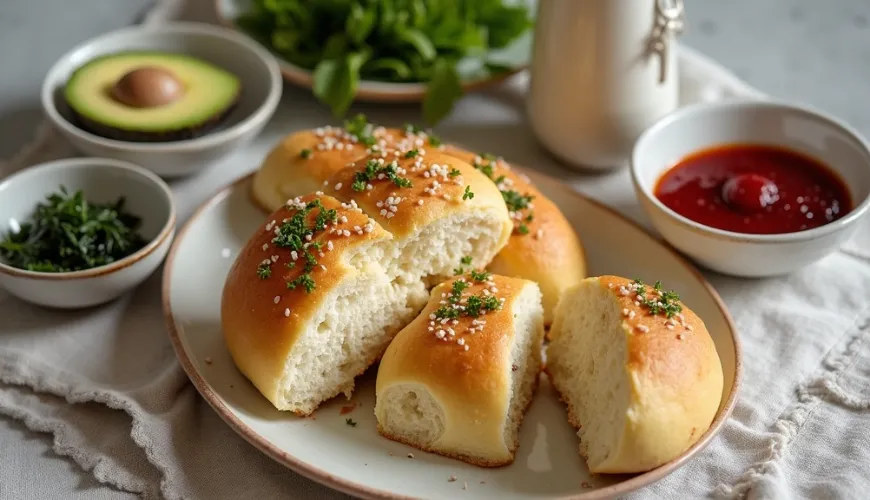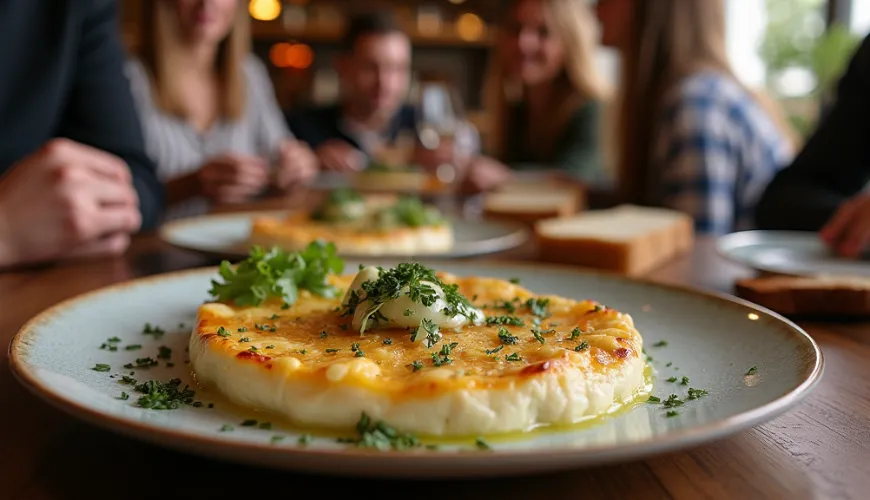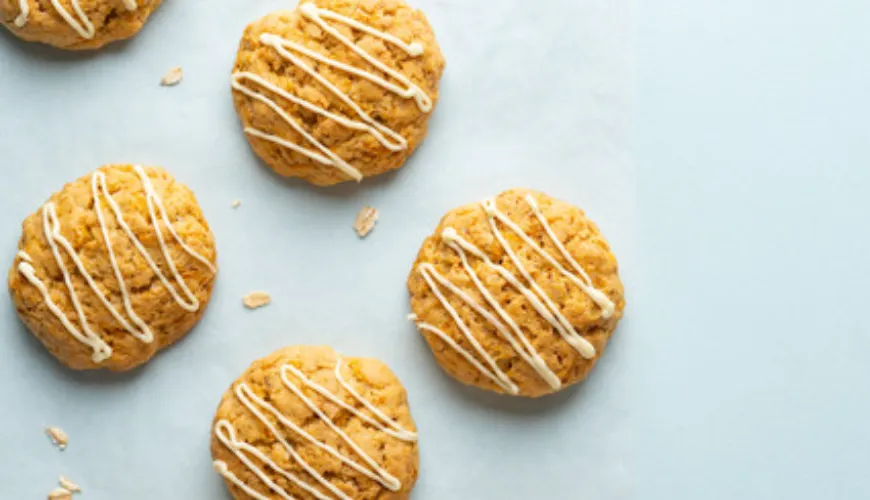
Try cottage cheese bulk without flour and enrich your menu

Cottage Buns - A Healthy Flourless Alternative That Tastes Good and Satisfies
In recent years, there has been a growing interest in healthier eating and finding alternatives to traditional baked goods. Cottage buns without flour are gaining increasing popularity. Not only among fitness lifestyle enthusiasts, but also among people who struggle with food intolerances or simply try to reduce their gluten intake. If you haven't heard of them yet, you've just discovered the perfect way to expand your diet with a nutritious yet simple treat.
Let's not confuse them with the typical white rolls from the store – cottage buns are a completely different story. They are moist, nutritious, fluffy, and yet contain no flour. The base is made from cottage cheese, often supplemented with oats, eggs, and seeds. Does it sound simple? It really is that simple. And that's where their magic lies.
Why Give Cottage Buns a Chance?
When you say "bread," most people think of wheat products full of gluten and easily accessible carbohydrates. While they fill you up quickly, they often cause fatigue or hunger soon after. Cottage buns without flour stand out for their low glycemic index and high protein content. This makes them an ideal snack or breakfast not only for athletes but also for anyone watching their diet.
Cottage cheese is rich in quality proteins and contains minimal fats. Combined with oats, which provide fiber and complex carbohydrates, it creates a nutritionally valuable meal that supplies energy for the entire morning. Additionally, due to the absence of flour, they are suitable for people with gluten intolerance – just use certified gluten-free oats.
One 200-gram serving of cottage cheese is enough to prepare several pieces that you can easily take on the go, to work, or offer to children as a healthy alternative to sweet snacks. Interestingly, even without the use of flour, the buns achieve a beautifully fluffy texture.
A Real Example from the Kitchen
Imagine a mother of two children trying to find a healthier bread option for school snacks. After unsuccessful attempts with whole grain bread, which the children refused due to the taste, she came across a recipe for cottage buns made from oats. In a bowl, she mixed cottage cheese, eggs, oats, a little baking powder, and a pinch of salt. She let the mixture rest for a while, shaped it into small rolls, and baked them for about 25 minutes. The result? Fluffy, soft buns that the children ate without complaint – and even requested again.
The magic lies in the texture and neutral taste, which can be easily adjusted. For a savory version, you can add herbs, a pinch of garlic, or grated cheese. For a sweet version, just a little cinnamon, honey, or raisins. Thanks to this versatility, cottage buns become a creative base for endless culinary experiments.
What (Not) to Add and How to Store Them
One of the advantages of these buns is that they don't need to rise, you don't need to knead the dough or wait hours for the result. Just mix the ingredients, shape, and bake. In the basic version, you'll need:
- 200 g of cottage cheese
- 2 eggs
- 80–100 g of fine oats
- 1 teaspoon of baking powder
- salt, optionally seeds or herbs
The mixture is sticky enough to hold its shape, yet flexible, making it easy to work with. If you want softer buns, you can add a spoonful of plain yogurt. For a crunchier surface, a light sprinkle of sesame or poppy seeds before baking will help.
As for storage, cottage buns without flour can last in the fridge for up to 3 days, ideally in an airtight container. For longer shelf life, the finished buns can also be frozen. Just heat them in the oven or on a pan, and they taste fresh.
Are Cottage Buns Suitable for a Diet?
Definitely yes. With their low carbohydrate content, they are an ideal part of low-carb diets, such as the popular keto or paleo diet (when using gluten-free oats). Moreover, the proteins from cottage cheese promote a feeling of fullness, so after one or two buns, you won't feel the urge to snack all afternoon.
Nutritionists often point out that sustainable weight loss depends not only on calories but also on the composition of the food. Buns made from cottage cheese and oats represent a great compromise between taste and nutritional value. "If someone is looking for a bread alternative with higher nutritional quality, cottage buns hit the mark," says nutrition therapist Zuzana Dvořáková (source: Zdraví magazine, 2023).
And What About Taste? Isn't Cottage Cheese Too Strong?
Interestingly, during baking, cottage cheese almost loses its typical taste, making the buns very neutral. This makes them an excellent base for various spreads, vegetable mixes, or even as a side dish to soups. People often use them for sweet breakfasts too – with butter, nut cream, or homemade jam. It's the variability that makes them popular even among those who don't particularly like cottage cheese on its own.
However, if you happen to be among those who want to completely avoid this taste, it's worth opting for a milder type of cottage or adding more herbs or spices. The result might surprise you.
Cottage Buns as Part of a Sustainable Lifestyle
An interesting aspect is also the ecological side. Making these buns doesn't require any special ingredients, unnecessary packaging, or waste. Oats and cottage cheese are commonly available and cost-effective foods. If you also choose ingredients from local farms, you support domestic agriculture and reduce the carbon footprint associated with food transport.
In the closed circle of healthy living, where emphasis is placed not only on what we eat but also on where it comes from, cottage buns are a great example of simple food that fulfills more than just nutritional value. They are a symbol of a return to real ingredients and proof that healthy doesn't have to mean complicated or expensive.
Whether you're looking for a way to enrich your diet or just want to try something new, cottage buns made from oats without flour are definitely worth your attention. They might become not only your new favorite recipe but also a small step towards a more sustainable lifestyle.

